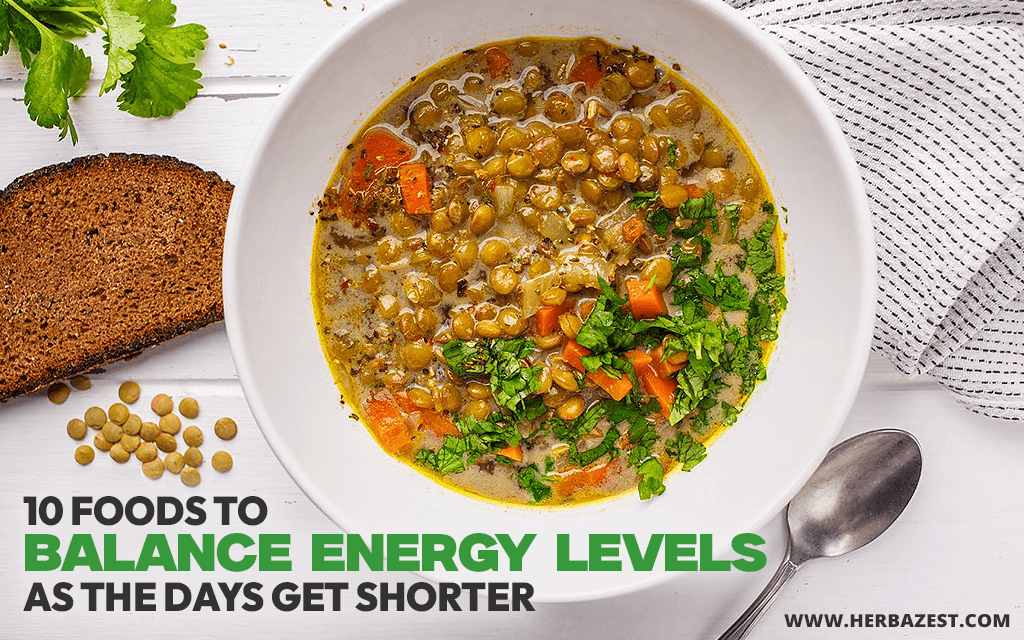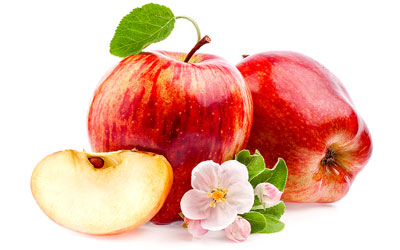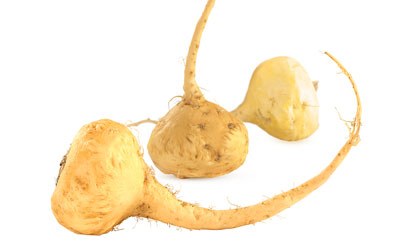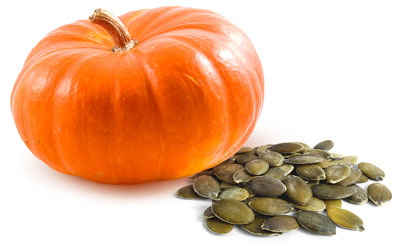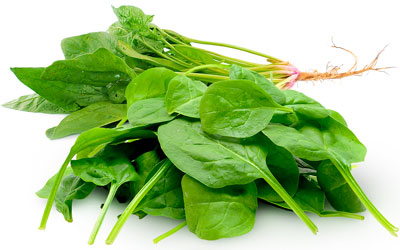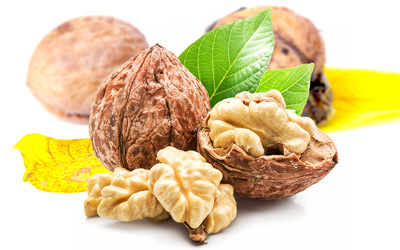As daylight hours decrease and the colder months approach, many of us experience seasonal sluggishness. This phenomenon, often tied to reduced sunlight exposure, can disrupt the body's natural rhythms, leading to dips in energy and mood. However, the foods we consume can make a significant difference, as they impact blood sugar stability, nutrient absorption, and even hormonal balance—all crucial for maintaining vitality. These 10 energy-boosting foods for winter are not only nutrient-packed but also scientifically proven to provide sustained energy, support immunity, and combat seasonal fatigue, helping you embrace the season with strength and clarity.
1. Oats
Oats are a proven source of complex carbohydrates, which digest slowly to provide a steady stream of energy throughout the day. They also contain beta-glucan, a type of soluble fiber linked to improved heart health and balanced blood sugar levels. Studies suggest that starting your morning with oats can reduce feelings of fatigue, so whip up a bowl of this blueberry acai oatmeal for a fiber-, protein-, and antioxidant-rich breakfast.1
2. Pumpkin Seeds
Pumpkin seeds are nutrient-dense, containing magnesium, iron, and protein—all essential for maintaining energy. Magnesium plays a critical role in over 300 biochemical reactions in the body, including those that produce energy. Iron helps transport oxygen to muscles and tissues, reducing tiredness. Snack on roasted pumpkin seeds or enjoy this pumpkin smoothie bowl for an easy, healthful addition to your diet.
3. Sweet Potatoes
Sweet potatoes are not only comforting but also one of the best foods to balance energy levels, thanks to their complex carbohydrates, which help stabilize blood sugar levels. They're rich in vitamin A (as beta-carotene) and vitamin C, which support immunity during the colder months. The fiber in sweet potatoes ensures a gradual release of energy, keeping you fueled for longer. Make these sweet potato stacks with thyme or enjoy this sweet potato lentil stew.
4. Apples
Apples are a great source of natural sugars and dietary fiber, making them an excellent choice for maintaining balanced energy. The high fiber content slows the absorption of sugars, preventing energy crashes. Research shows that the polyphenols in apples also support gut health, which plays a role in overall energy levels.2 For a wholesome treat, try these healthy apple oatmeal muffins, or simply pair fresh apple slices with almond or peanut butter.
5. Dark Leafy Greens
Spinach, kale, and Swiss chard are rich in iron, essential for preventing fatigue, as well as magnesium and potassium, two minerals that regulate muscle function and energy production. A diet rich in leafy greens has been linked to better energy and mood.3 Toss them into smoothies like this antioxidant camu camu smoothie or savory dishes like this flavorful brown rice loaf with spinach and mushrooms.
6. Walnuts
Walnuts are loaded with omega-3 fatty acids, which support brain health and reduce inflammation—both important for maintaining energy levels. They also provide protein and fiber, making them an excellent snack for staving off midday fatigue. Research shows that omega-3s can improve focus and cognitive function, making walnuts a great choice during busy days.4 Add them to cookies like these easy walnut cookies or salads like this arugula salad with figs, walnuts & goat cheese for a satisfying crunch.
7. Lentils
Lentils are a top-tier choice among foods to balance energy levels, thanks to their high protein, fiber, and iron content. Studies show that their low glycemic index stabilizes blood sugar levels, preventing spikes and crashes.5 Lentils are also rich in folate, a B-vitamin essential for energy production and DNA repair. Make these easy lentil wraps to add nutrients to your meals or enjoy these lentil burgers with amaranth flakes for a hearty, nutrient-dense meal.
8. Oranges
Oranges, packed with vitamin C and natural sugars, provide a quick and refreshing lift in energy. Vitamin C plays a role in reducing fatigue by supporting the adrenal glands, which regulate stress and energy levels. Additionally, their high water content helps maintain hydration—a key factor in staying energized. Enjoy them as a snack or make these orange bars with kaniwa flour.
9. Maca Root
Maca has been studied for its adaptogenic properties, helping the body adapt to stress and balance energy levels. Rich in essential vitamins and minerals, it is thought to improve endurance and energy while reducing feelings of fatigue, particularly during physical activity.6 Add maca powder to smoothies like this chocolate maca smoothie or desserts like these maca hazelnut chocolate bars.
10. Herbal Teas
Herbal teas like green tea and ginseng tea naturally boost energy and support focus. Green tea's caffeine and L-theanine enhance alertness without overstimulation, while ginseng tea combats fatigue and boosts physical and mental energy. Swap your afternoon coffee for these teas to stay energized and focused.
These cozy, nutrient-packed foods that help boost energy offer a powerful combination of energy, comfort, and nourishment, making them perfect allies during the colder months. By incorporating a variety of wholesome ingredients into your daily meals, you can fuel your body, support your immunity, and maintain focus and vitality, allowing you to thrive as the seasons change.
Sources
- Baylor College of Medicine, Healthy, heart foods for winter nutrition, 2024
- Cleveland Clinic, Eating for Energy: Foods That Fight Fatigue, 2024
- Harvard Health Publications, 9 tips to boost your energy – naturally, 2024
- HSS, The Do’s and Don’ts of Eating for Energy, 2021
- Stamford Health, 10 Healthy Foods to Keep You Warm This Winter, 2023
Footnotes:
- Roczniki Państwowego Zakładu Higieny. (2019). Nutraceutical functions of beta-glucans in human nutrition. Retrieved November 29, 2024, from https://www.researchgate.net/publication/338750734_Nutraceutical_functions_of_beta-glucans_in_human_nutrition
- American Journal of Epidemiology. (2005). Dietary patterns and the incidence of type 2 diabetes. Retrieved November 29, 2024, from https://pubmed.ncbi.nlm.nih.gov/15671254/
- Nutrients. (2015). Apples and Cardiovascular Health—Is the Gut Microbiota a Core Consideration? Retrieved November 29, 2024, from https://pmc.ncbi.nlm.nih.gov/articles/PMC4488768/
- Cureus. (2022). Effects of Omega-3 Polyunsaturated Fatty Acids on Brain Functions: A Systematic Review. Retrieved November 29, 2024, from https://pmc.ncbi.nlm.nih.gov/articles/PMC9641984/
- Nutrients. (2022). A Review of the Relationship between Lentil Serving and Acute Postprandial Blood Glucose Response: Effects of Dietary Fibre, Protein and Carbohydrates. Retrieved November 28, 2024, from https://pmc.ncbi.nlm.nih.gov/articles/PMC8877848/
- Evidence-Based Complementary Alternative Medicine. (2012). Ethnobiology and Ethnopharmacology of Lepidium meyenii (Maca), a Plant from the Peruvian Highlands. Retrieved November 28, 2024, from https://pubmed.ncbi.nlm.nih.gov/21977053/

